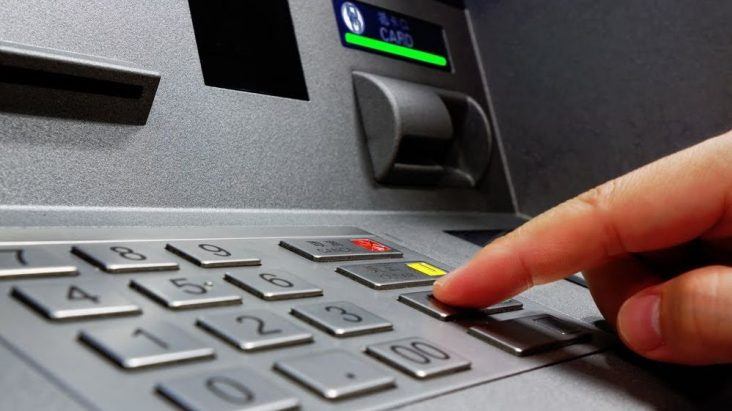Average overdraft fees touch 15-year high, ATM charges also rising
by October 3, 2019 9:00 am 306 views

As U.S. national and regional banks are increasingly closing local branches and pushing consumers toward online options, a new study shows that overdraft and ATM fees this year have reached a 15-year high.
According to Bankrate’s 2019 checking account and ATM fee study, the average overdraft fee is now $33.36, which is slightly higher than last year and close to where it was in 2017 when it peaked over a period of two decades.
Depending on the bank or credit union you choose, you could pay more for ending up in the red. And it’s possible to get hit with several overdraft charges in a single day.
Frustration over hefty overdraft fees has led to legal attempts to ban them in certain circumstances and resulted in the creation of apps and banking alternatives that don’t charge customers for overdrawing their accounts, the report states.
Concerning ATM charges, the Bankrate report states if you wish to get cash outside of your bank’s network, expect to get hit with two fees – a surcharge from the owner of the ATM and a fee from your own bank or credit union. Both charges have risen in the past year with ATM surcharges, on average, costing customers $3.09. If you decide to use someone else’s ATM, banks charge $1.63 per transaction. In total, charges for using the wrong ATM can cost you an average of $4.72, the report states.
According to an associated report by Mercator Advisory Group, more than three-quarters of consumers say they do anything they can to dodge ATM surcharges. But with so many surcharge-free options available, consumers aren’t necessarily paying that much.
“I think what may be happening is that the owners and operators of the ATMs who are relying on the surcharge income to operate those ATMs may be seeing fewer customers,” says Sarah Grotta, director of debit and alternative products of advisory service at the Mercator Advisory Group. “And so on a per-transaction basis, they may be raising the fees to make up for the fact that fewer consumers are actually paying a surcharge.”
The survey group consisted of a total of 10 banks and thrifts in each of 25 large U.S. markets, one interest and one non-interest account. The study also surveyed ATM and debit card fee policies from 244 institutions offering checking accounts July 2018-July 2019, including 238 interest and 237 non-interest accounts.
To view the complete report, click here.
